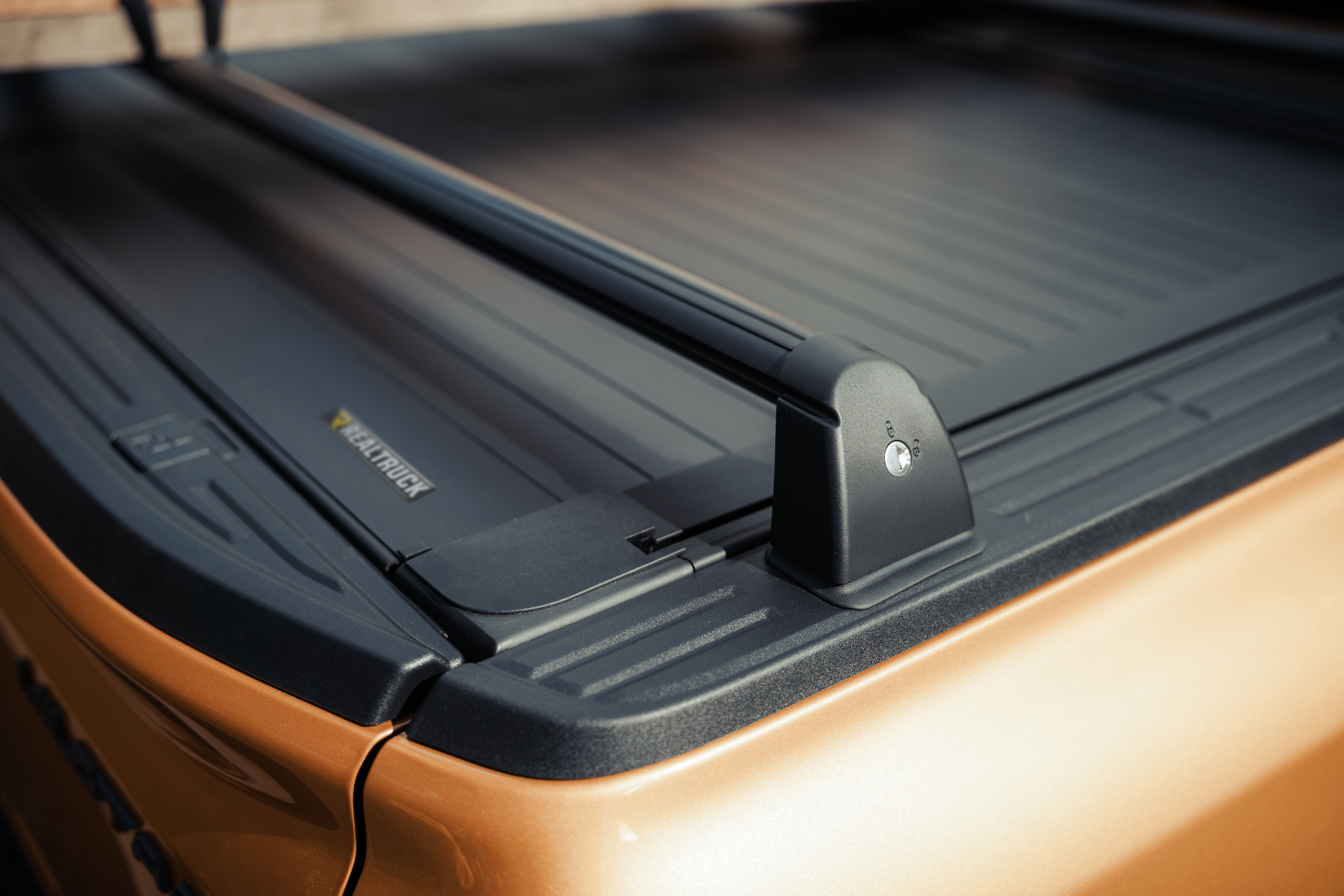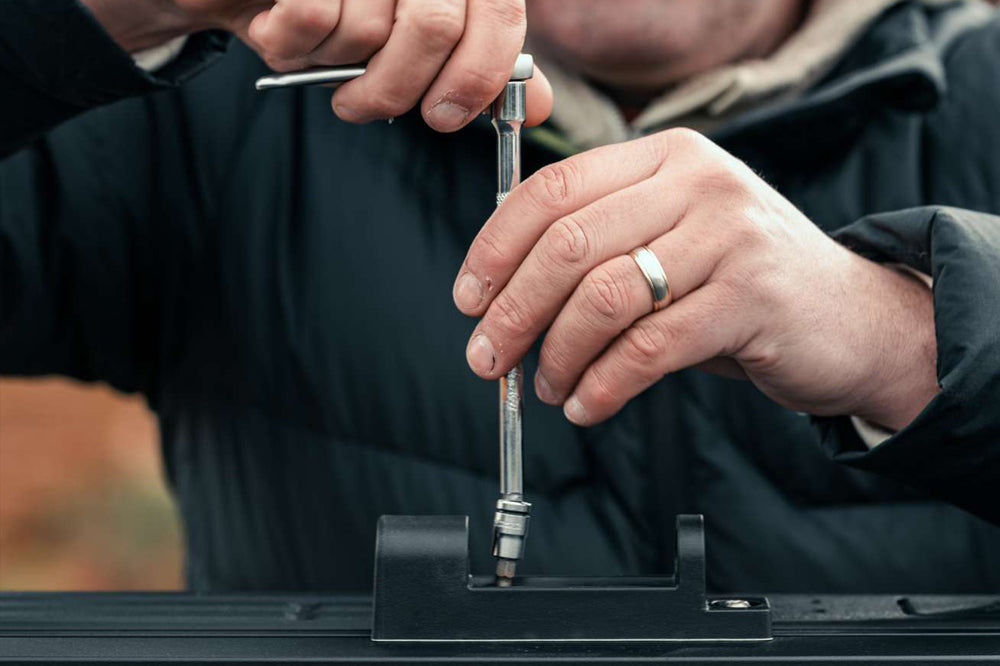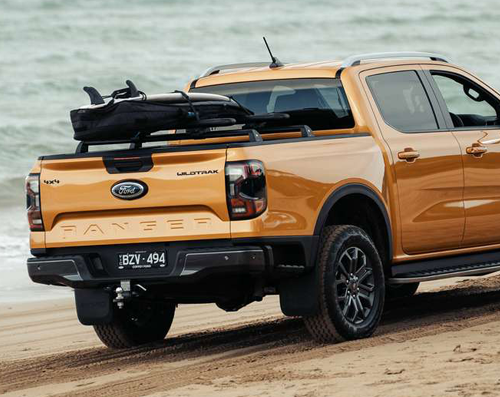
How Much Does It Cost To Install A Tonneau Cover?
Tonneau covers are a popular accessory among ute owners, tradies, and outdoor enthusiasts. They provide enhanced security, weather protection, and improve the overall look and functionality of your ute. Understanding installation costs is crucial before making a purchase. This guide outlines the costs for both DIY and professional installations and highlights the factors that impact these expenses.
How Much Does It Cost To Install A Tonneau Cover?
The cost of installing a tonneau cover varies based on the cover type and installation method. DIY installation might be cost-effective but requires specific tools and can be time-consuming. Professional installation is more expensive but ensures a proper fit and includes a warranty. Costs also differ between manual and electric covers, with electric models generally being more complex and costly to install.
-
DIY Installation Costs: Typically range from $0 to $250 for soft covers and up to $500 for hard covers (this depends on what tools you may need to purchase).
-
Professional Installation Costs: Add $400 to $800, depending on the cover’s complexity and your location. For a reliable and cost-effective professional fitment, RealTruck offers a fitment service starting at $450, ensuring your cover is installed by experts who specialise in ute accessories.
Factors Affecting Installation Costs

Understanding the differences between tonneau cover types, hard vs. soft and manual vs. electric can help you anticipate installation costs and complexities.
Hard vs. Soft Covers
Soft covers are generally easier to install due to their lightweight and flexible materials, such as vinyl or fabric. They come in roll-up or snap-on designs, making them suitable for DIY installation with basic tools. Soft covers are generally more affordable, with installation costs varying depending on whether you need to buy new tools. However, they offer less security and durability compared to hard covers.
Hard tonneau covers, made from rigid materials like aluminium, require precise installation and advanced tools. While professional installation is often recommended, especially for complex models like folding or retractable tonneau covers, the costs can vary based on your skill set and the tools you have access to, typically ranging from $400 to $800. Hard covers provide superior security, durability, and weather resistance, which justifies the potential for higher installation costs.
Manual vs. Electric Covers
Manual covers are generally simpler to install. For instance, our EVOm manual roll cover involves mounting rails and rolling mechanisms, which can be done with standard tools. These covers are less expensive to install, with costs primarily related to mechanical components and labour.
Electric covers, such as the EVOe, involve wiring and power connections, making their installation more complex and costly. While DIY installation is possible, professional help is recommended to ensure proper functioning of the electrical components. Electric covers offer convenience with features like automated opening and closing, often controlled by a remote or integrated with the vehicle’s system.
When choosing between these options, consider your DIY skills, the specific needs of your ute, and your budget. Soft and manual covers may be more straightforward and cost-effective, while hard and electric covers offer enhanced security and convenience, potentially justifying the additional investment in professional installation.
Cost Comparison: DIY vs. Professional Installation

When it comes to installing a tonneau cover, choosing between DIY and professional installation depends on several factors, including your budget, skill level, and the type of cover you're installing. Here's a closer look at the pros and cons of each option.
DIY Installation:
Pros:
Cost Savings: The most significant advantage of DIY installation is the potential for cost savings. By installing the cover yourself, you avoid labour fees, which can range from $400 to $800 depending on the complexity of the job. For those on a budget, this can make a big difference.
Flexibility: DIY installation allows you to work at your own pace. You can take your time to ensure everything is done correctly, without the pressure of paying by the hour for professional help.
Satisfaction: Completing a DIY project can be personally rewarding. Knowing that you installed the tonneau cover yourself can give you a sense of accomplishment and a deeper understanding of your vehicle.
Cons:
Time Commitment: While you might save money, DIY installation can be time-consuming. Depending on your experience and the type of cover, it could take several hours to complete the job, especially if you encounter any unexpected challenges.
Required Tools and Skills: Installing a tonneau cover, especially more complex models like hard or electric covers, requires specific tools and a certain level of mechanical know-how.
Risk of Mistakes: Incorrect installation can lead to issues such as water leakage, improper fit, or damage to the cover or your vehicle. These mistakes can end up costing more in the long run if you need to purchase replacement parts or hire a professional to fix the errors.
Professional Installation:
Pros:
Expertise: One of the most significant benefits of professional installation is the expertise that comes with it. Professionals have the experience and tools needed to install the cover correctly and efficiently. This reduces the risk of errors and ensures a proper fit, especially for more complex covers like the EVOe electric roll cover.
Warranty and Insurance: Many professionals offer warranties on their work, which can provide peace of mind. Additionally, some tonneau cover warranties may require professional installation to remain valid. This means opting for professional help could protect your investment in the long term.
Time Efficiency: Professional installation is usually quicker, often taking two to four hours, depending on the cover type. This can save you valuable time and allow you to start enjoying the benefits of your tonneau cover sooner.
Cons:
Higher Cost: Professional installation comes at a higher cost. Depending on your location, the service provider, and the complexity of the cover, you might pay anywhere from $400 to $800 or more for installation.
Less Personal Involvement: While some might view this as a benefit, others who enjoy working on their vehicles might find the lack of personal involvement disappointing. You won’t have the same hands-on experience or satisfaction that comes with DIY installation.
Hidden Costs and Additional Considerations

When budgeting for a tonneau cover, it's important to factor in not just the initial installation costs but also potential hidden costs and additional considerations that might arise.
Maintenance Costs: Regular upkeep is crucial to keep your tonneau cover in top condition, particularly for electric covers that may require occasional servicing to ensure the motor and electronics function smoothly. Even manual covers need periodic cleaning and inspections to prevent wear and tear, especially if your vehicle is regularly exposed to harsh conditions.
Warranty and Insurance: The method of installation can impact both warranty and insurance coverage. Many manufacturers require professional installation to keep the warranty valid, so a DIY approach could void your warranty. Similarly, some insurance policies might only cover damage if the cover was professionally installed. Ensuring your installation method meets warranty and insurance requirements is crucial to avoid unforeseen expenses.
Upgrades and Accessories: Consider the costs for upgrades or accessories that could enhance your tonneau cover's functionality. Adding items like bed liners, extra security features, or customisation options can increase your overall expenditure. For electric covers, optional features like remote controls or enhanced lighting can improve convenience but also add to the cost.
Conclusion
Choosing the right tonneau cover involves more than just looking at the initial purchase price. Consider the long-term value, including installation costs, maintenance, and how the cover will be used. Whether you opt for a sleek, electric model like the EVOe or a more straightforward manual model like the EVOm, understanding these factors will help you make the best choice for your needs!

